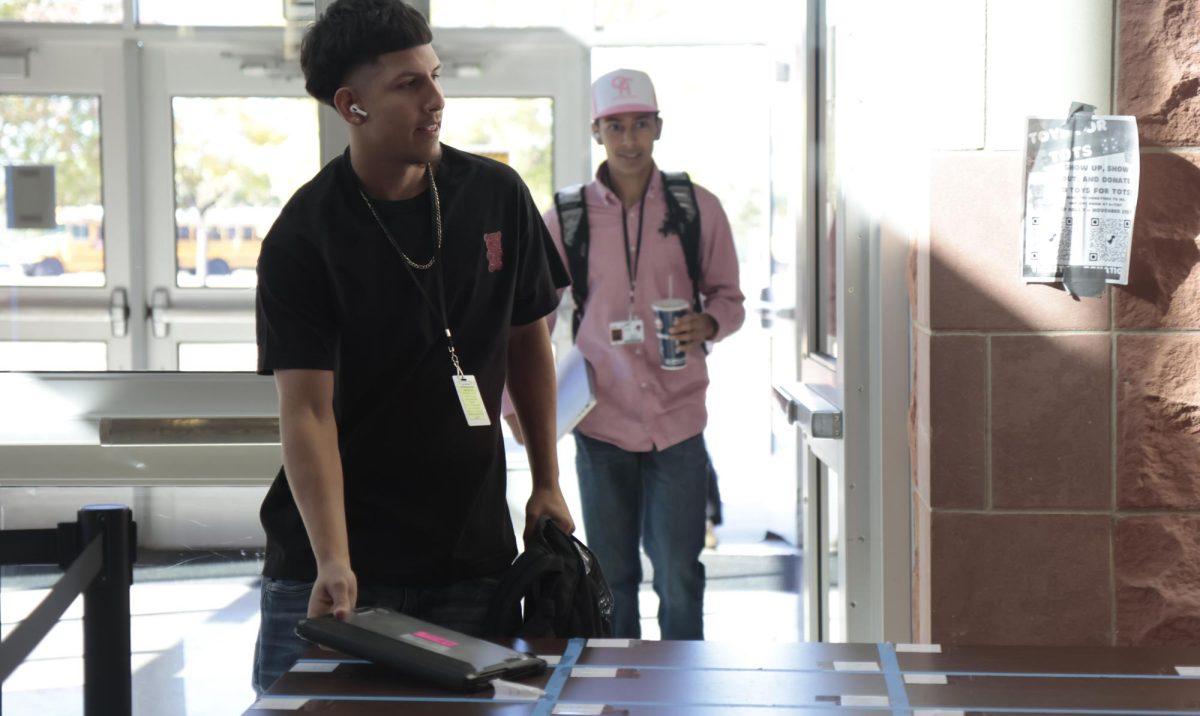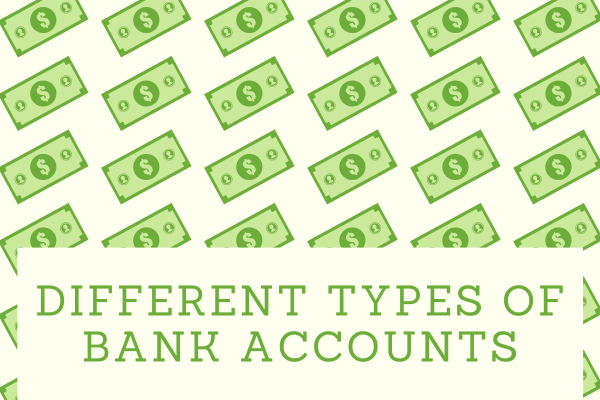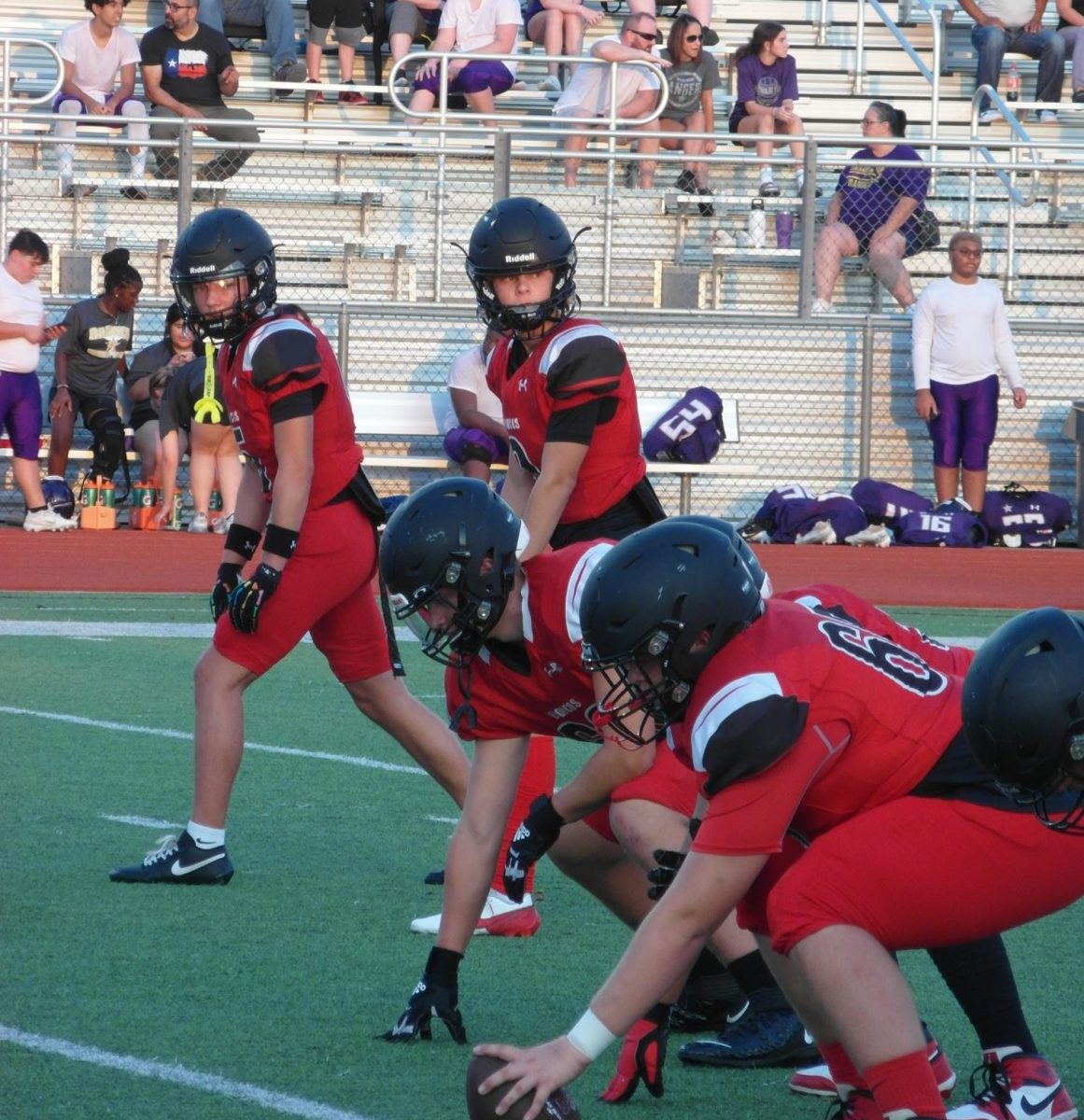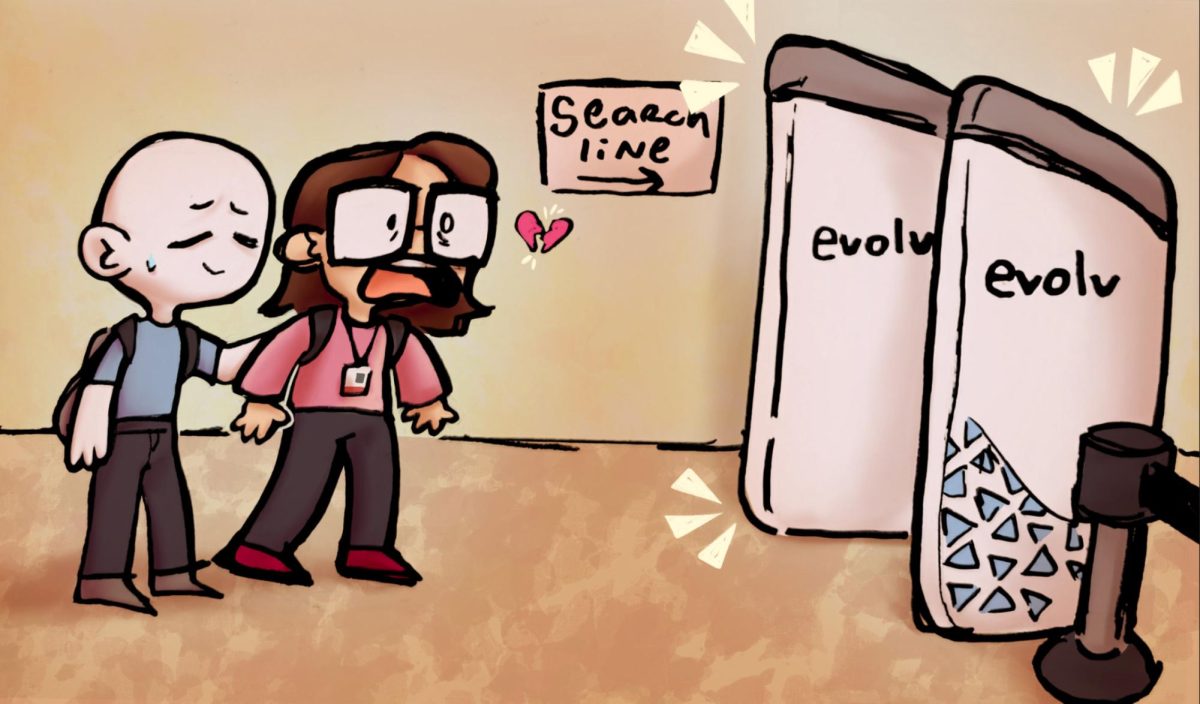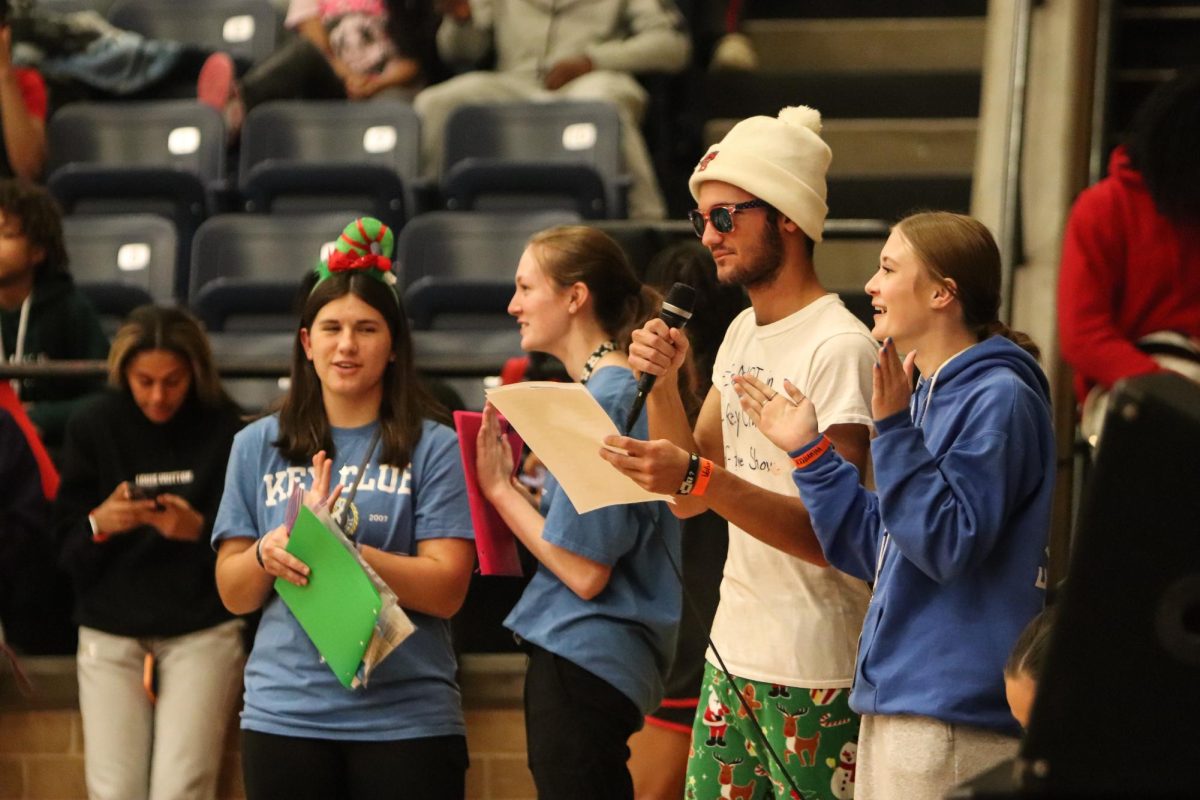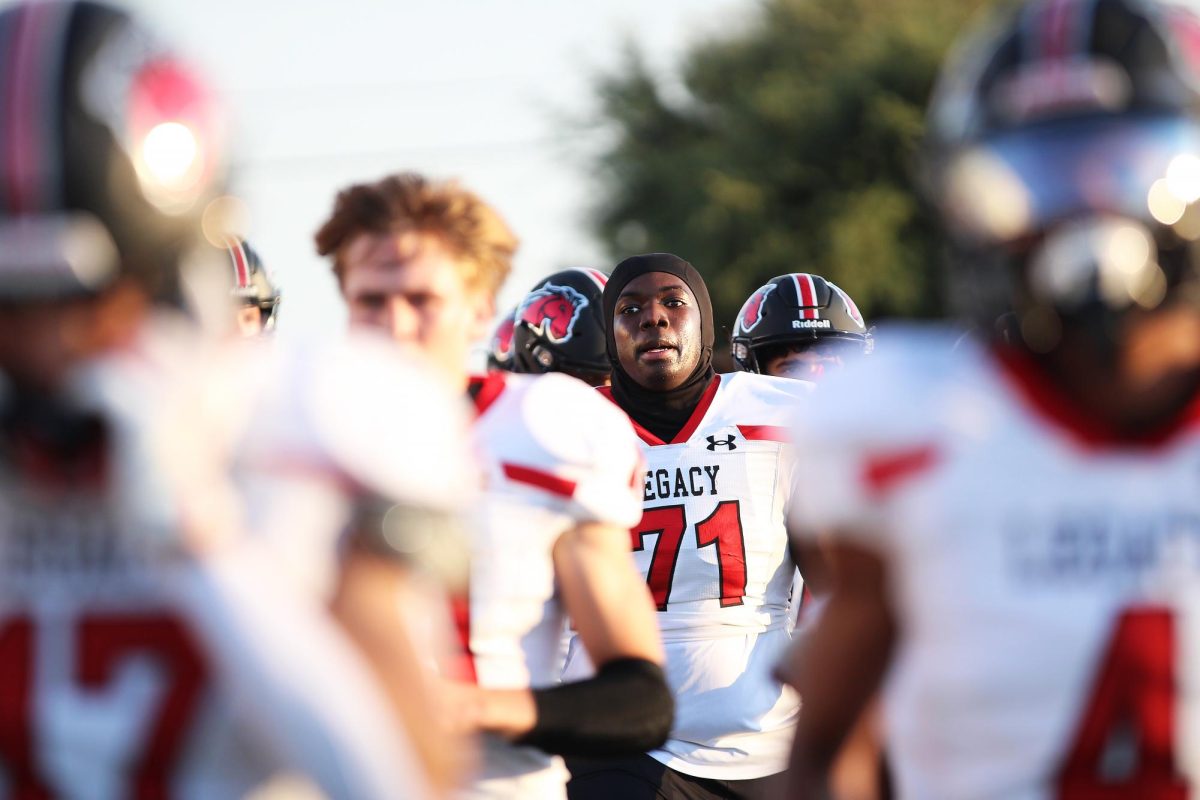Driving toward Dallas, senior Dustin Red Eagle went to join fellow demonstrators at the Occupy Dallas protest at the City Hall Park.
“I just wanted to see what the hype was about,” Red Eagle said. “To see it from [the protesters’] perspective.”
The Occupy or the 99 percent Movement began in Kuala Lumpur, Malaysia as an attempt to redefine democratic participation beyond representative democracy and imagine a new political culture beyond race, ideology and political affiliation. Since its inception, Occupy has migrated overseas and manifested itself into more well-known versions such as Occupy Wall Street, Occupy Dallas and Occupy Oakland. However, Occupy’s current protesters have economic goals in mind as opposed to the political goals of their Malaysian predecessors. The current Occupy Movement seeks to remove all forms of governmental influence by corporations and the wealthy, also known as the one percent.
“[It’s] basically everyday people wanting to see less influence of money on Capitol Hill,” Red Eagle explained. “Most people see it as hippies sitting outside of city halls, but it’s really people from all walks of life. There are the nine percent of unemployed and the 90 percent afraid of losing their jobs.”
The lack of organization and uniformity between separate sects of Occupy may present a problem for demonstrators. The protests and marches vary in intensity and vigor which may or may not, depending on the state or country and the type of demonstration, be illegal. For example, Occupy Dallas started Oct. 6, 2011 as a protest group, working in solidarity with the other 99 percent movements, and have since been plagued with legal troubles including a near-eviction.
Mary Suhm, Dallas City Manager, sent the participants of Occupy Dallas a letter, claiming the protesters have continuously breached the agreements in their settlement with the city, including the use of city hall restrooms and litter around the campsite. The Occupiers have since agreed to clean up around the camp.
“It’s a good exercise,” Government teacher Craig Rabalais said. “I believe in people using the first amendment but their goals are too unclear for them to succeed.”
A few large corporations, such as McDonald’s and Ben & Jerry’s, are surprisingly supporting Occupy, viewing their cause as noble and just. These corporation giants accept and support increased taxes for the wealthy one percent and a reapportionment of wealth between the common people.
Occupy as a whole wishes to have money’s corruption and influence removed from politics as well as the politicians who endorse policies favoring the wealthy to be removed from office.
“It could only be successful if we flush out the current politicians and put independent politicians in,” Red Eagle said.
However, because of the lack of appropriate resources and gross misinterpretation of their cause, the Occupiers still have many trials to face before seeing the fruits of their labor.








